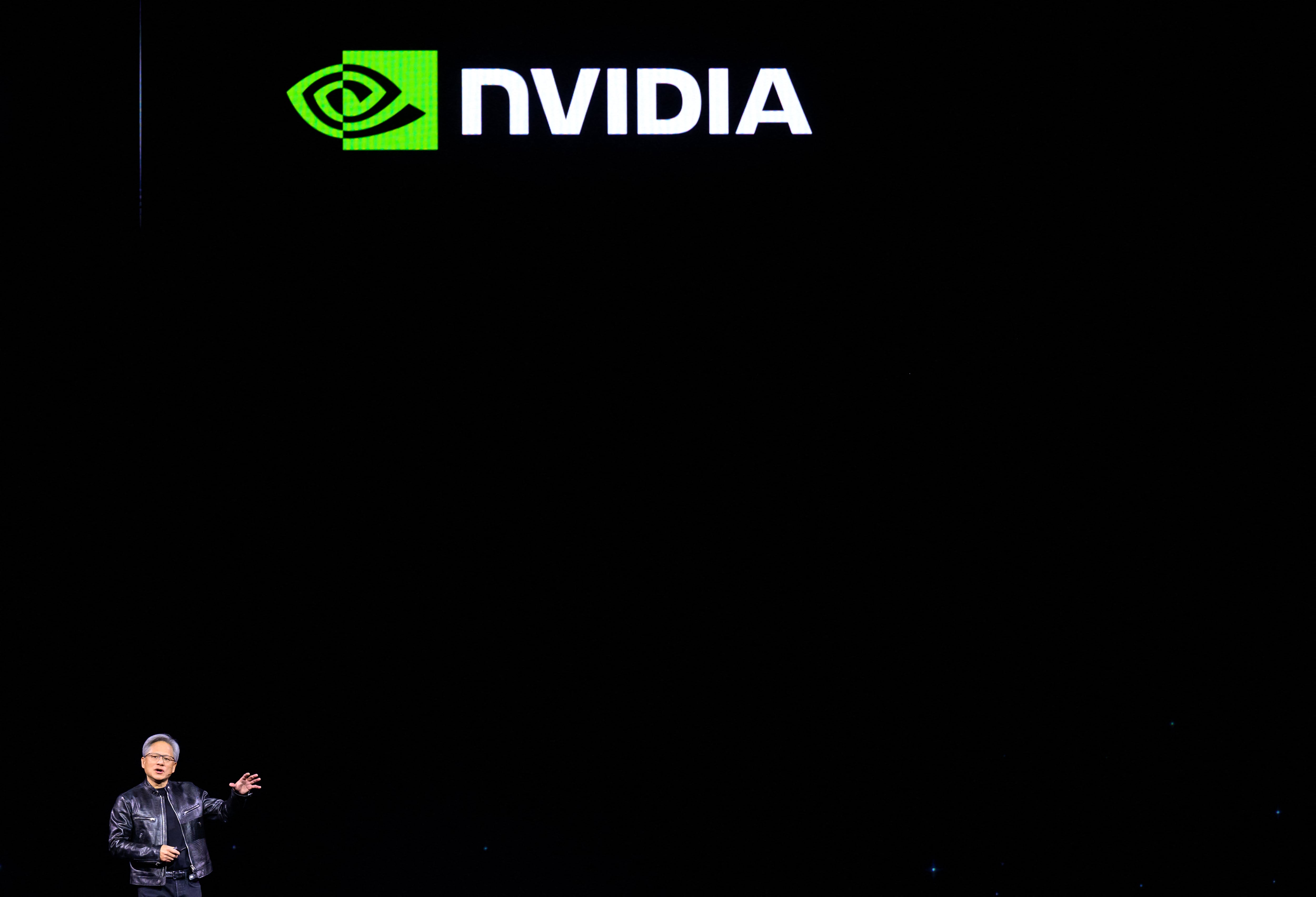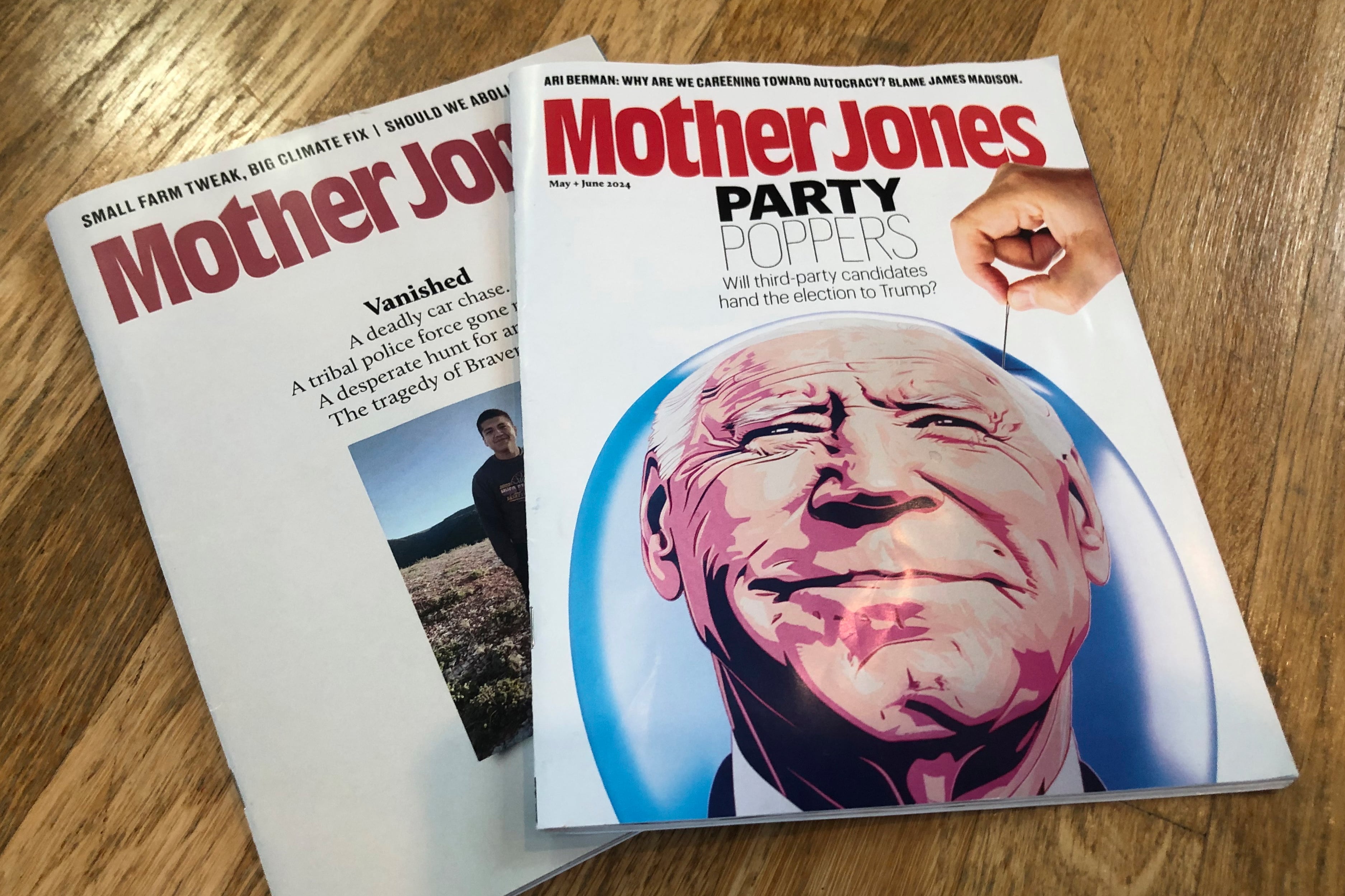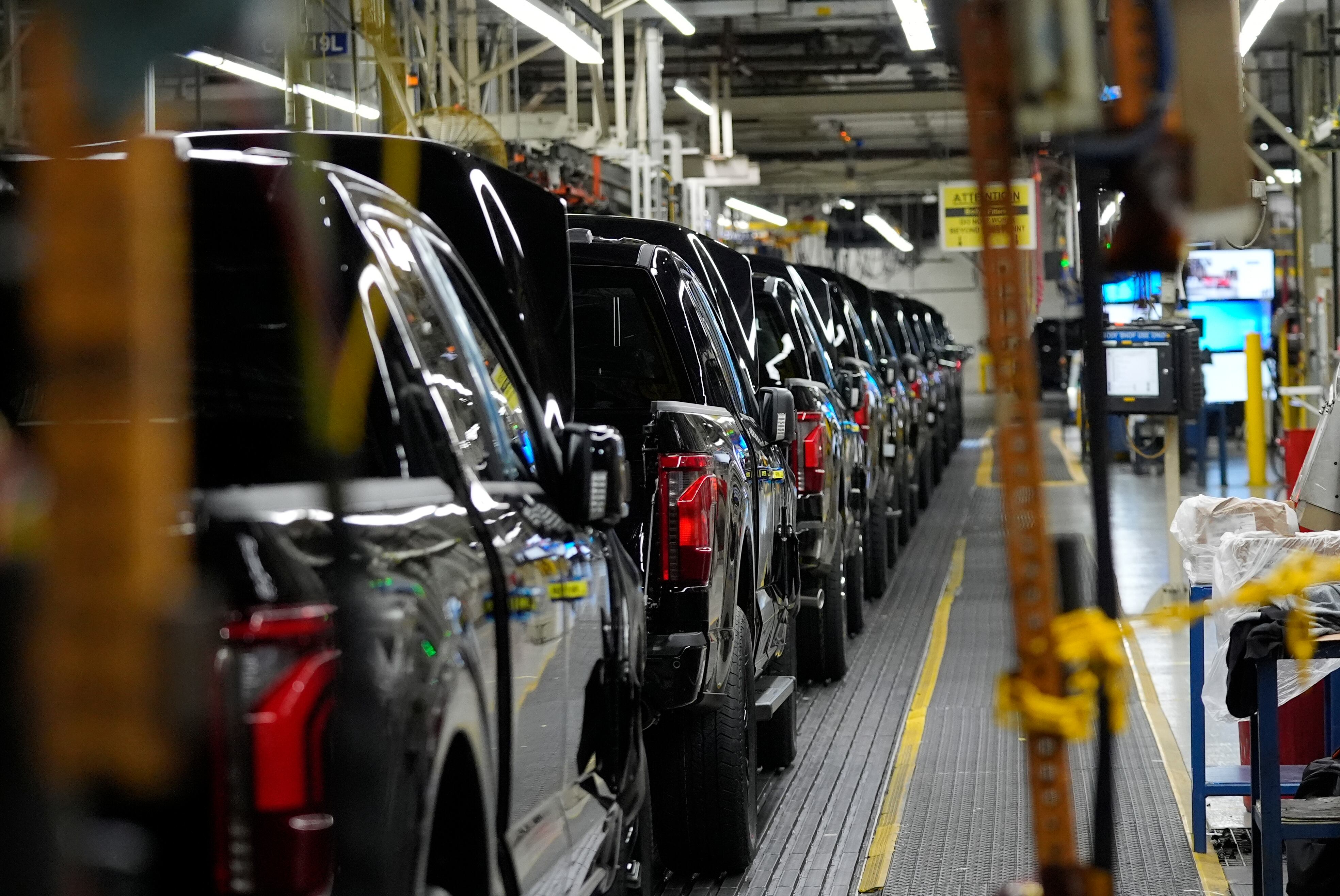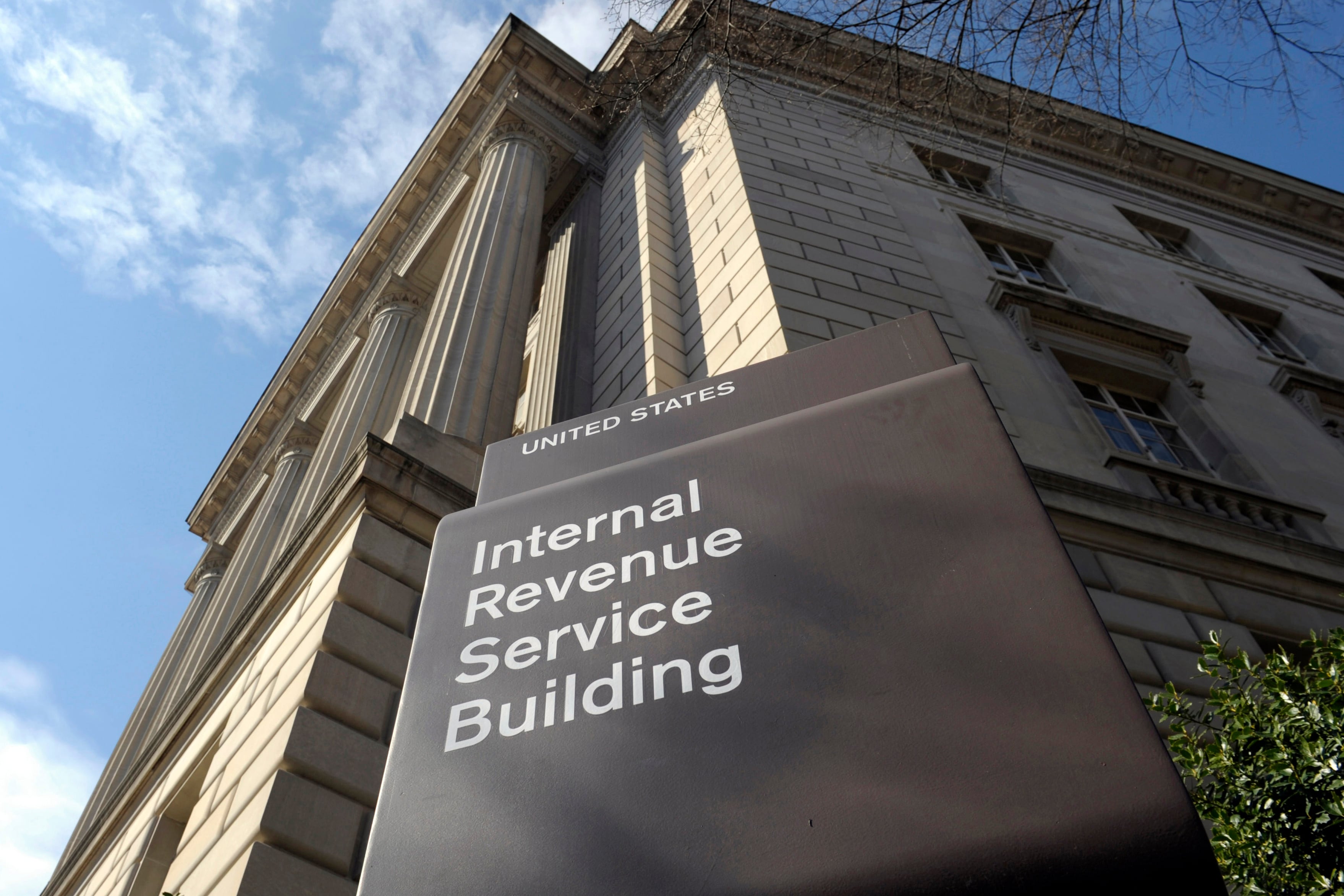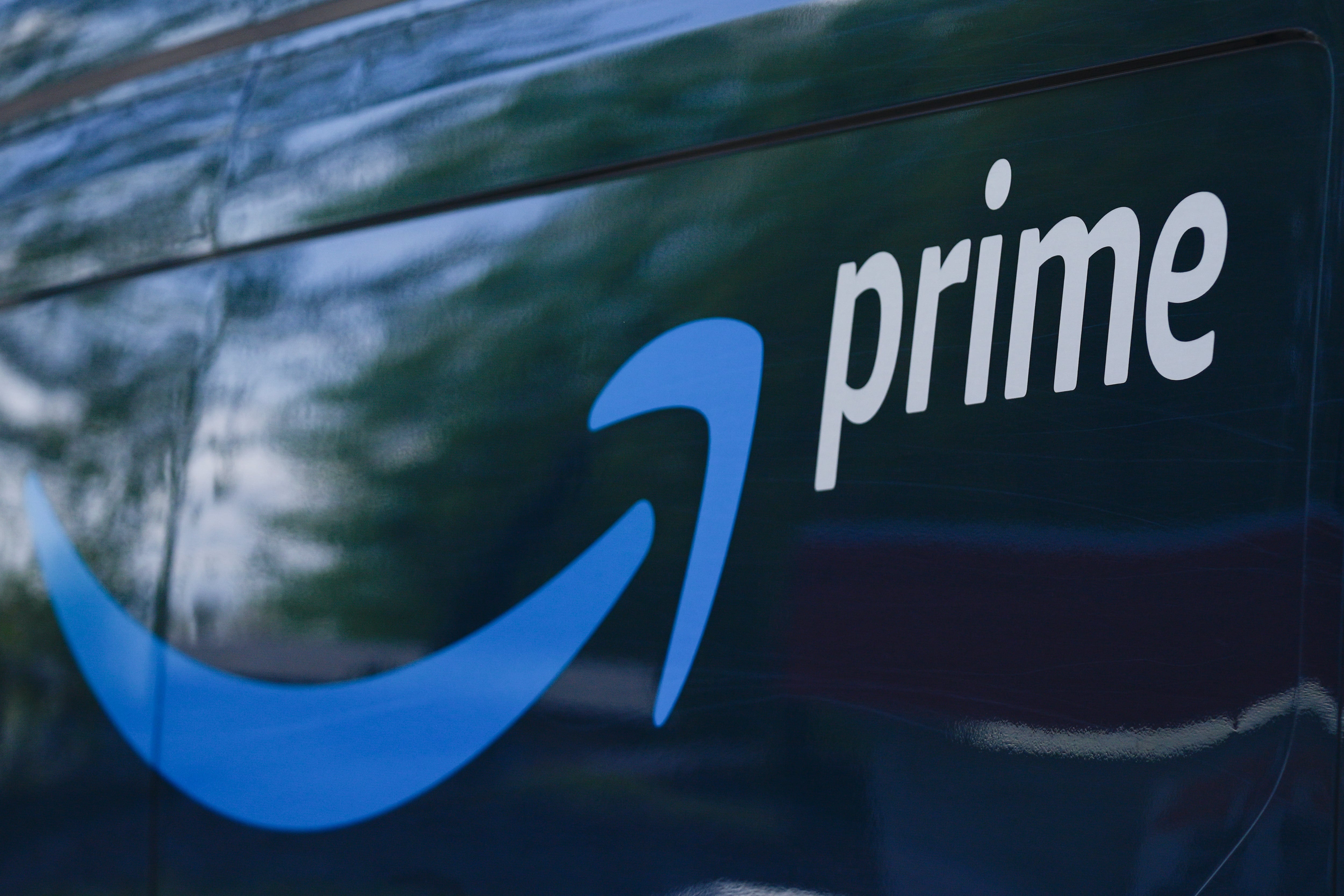From Wall Street to Silicon Valley, these are the top stories that moved markets and had investors, business leaders, and entrepreneurs talking this week on Cheddar.
ECONOMIC RECOVERY
Markets plummeted on Friday as the world reacted to news of a new COVID-19 variant that has been detected by researchers in southern Africa. Even before Thanksgiving, stocks had a wobbly performance. The Dow, Nasdaq, and S&P all closed down big on Friday. Earlier in the week investors seemed to like the news that President Biden would be re-nominating Jerome Powell for a second term as Fed chair, though that optimism was blunted with the GDP print for the third quarter, showing that economic growth slowed sharply to 2.1 percent due to the Delta wave of the pandemic and the related supply constraints. Weekly unemployment claims — released a day early due to Thanksgiving — also showed an incredibly tight labor market, with just 199,000 initial claims filed in the prior week. That’s the lowest level since 1969, and a milestone in the post-COVID recovery.
STAY-AT-HOME STOCKS
While Friday's COVID news gave a bump to stay-at-home stocks, generally, it's been a rough month for the companies that kept us going throughout the pandemic. The Nasdaq’s bull run may be slowing down, with some of these high-growth tech stocks seeing significant selloffs recently. Shares of Zoom are down more than 15 percent on the week after several Wall Street firms cut their price targets on the video-conferencing behemoth that became a verb during the lockdowns. DoorDash is off almost 12 percent over the last month. Robinhood is 60 percent down from its all-time high. Peloton is down more than 6 percent over the last week — almost 70 percent since the start of the year — as it sees demand for its bikes slow after red-hot sales during the lockdowns. The rotation out of the high-growth “stay-at-home stocks” is partially attributed to an environment of tightening monetary policy as the Fed starts to unwind its aggressive pandemic-era stimulus measures.
RETAIL IN A RUT
Shares of Nordstrom and Gap fell off a cliff on the day before Thanksgiving, each dropping more than 20 percent in a single session after reporting results that capped a disappointing earnings season for the retail sector. Nordstrom said that its discount arm, Nordstrom Rack, was suffering from significant shortages of women’s apparel and shoes, and executives acknowledged that the company did not respond "as quickly and as aggressively' to the supply chain breakdown. Gap had a similar reason for cutting its sales and profit guidance, blaming "acute supply-chain headwind" that blunted healthy consumer demand. Other retailers like Tapestry and Ralph Lauren also fell on the industry-wide inventory problems.
ACTIVISION DAMAGE CONTROL
Activision Blizzard slumped almost 5 percent this week, amid escalating controversies over sexual misconduct, harassment, discrimination, and a so-called "frat boy" culture at the video game giant. Longtime CEO Bobby Kotick has reportedly told his executive team that he would consider stepping down from the helm if he’s unable to fix the internal issues "with speed," according to a report in the WSJ. Shares of Activision are down 8 percent since the Journal reported on Nov. 16 that Kotick was aware of allegations of serious sexual misconduct, including alleged rapes, at the company for years without telling the board. Kotick so far has resisted internal pressure to resign, while the company announced this week that it would form a new “Workplace Responsibility Committee” to stem the fallout from the deepening scandals.
SILICON SOUTHWEST
One upshot of the prolonged global semiconductor shortage: a lot more chips are going to be made in the United States. Samsung announced this week that it chose a site in Taylor, Texas to build a $17 billion chipmaking factory that will build the semis that power everything from mobile phones to self-driving cars. The Samsung plant will go up about 1,000 miles from another multi-billion dollar facility being built by Taiwan Semiconductor in Phoenix, Ariz. Intel is also planning to spend $20 billion to build two plants in Arizona and another $4 billion to expand its manufacturing campus in New Mexico. Even with the tens of billions of dollars in new investments on American soil, global chip manufacturing is still heavily tilted toward Asia, where about 75 percent of capacity sits between Taiwan, Japan, South Korea, and China.




